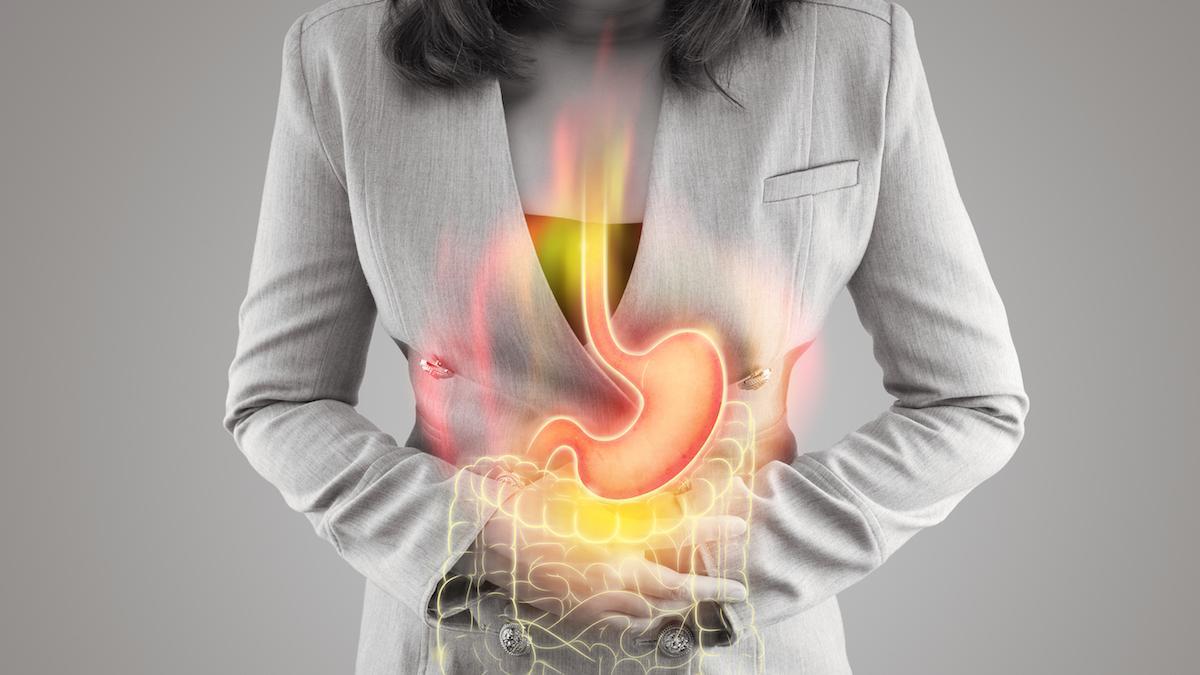of V. Mart.
It is considered uncommon, but cases have been growing for some time. The Helicobacter bacterium, one of the main causes of the disease, is too often overlooked. Gastroscopy performed early can save lives
About 15 thousand Italians fall ill with stomach cancer every year and only a third of patients are alive five years after diagnosis: this is mainly due to the fact that the disease is discovered late, when it is already in an advanced stage, because only then does it begin to show the first symptoms. And it is an aggressive neoplasm. The experts gathered in Rome for the National Seminar on Gastric Cancer, now in its seventh edition, organized and promoted byODV association Living Without Stomach (You Can)recalled that only one in five cases of this neoplasm is detected in the initial stage.
Symptoms not to be overlooked
«The reasons for diagnostic delays are above all the very generic symptoms of the disease, which is insidious and presents a high risk of recurrence, in addition to the underestimation of risk factors – underlined Claudia Santangelo, president of «Vivere Senza Stomaco» -. Thus, the survival rate is still very low (32%) although better than the European average (25%). The incidence of cases is growing, while the available therapeutic armamentarium is still quite limited.” Stomach cancer can be cured if it is detected early and surgically removed, so it is important to pay attention to some symptoms that should cause suspicion when they persist for many weeks: persistent digestive disorders, loss of appetite, difficulty swallowing, weight loss, feeling of fullness after meals, feeling of nausea and vomiting, heartburn (burning behind the breastbone), presence of blood in the stool or black stool, chronic tiredness.
Who risks more
Those who are most at risk of getting ill must not underestimate these alarm bells, i.e. those who suffer from atrophic gastritis (an inflammation of the stomach) or chronic infection with Helicobacter pylori (responsible for ulcers and gastritis). Also increasing the danger are overweight and obesity, a sedentary lifestyle, smoking, a diet poor in fruit and vegetables, excessive consumption of red meat, foods preserved with salt, nitrates and smoked foods. And then there are the hereditary-familial forms, which despite constituting 1% of all stomach tumors diagnosed in a year, are extremely relevant because they are due to gene mutations, very rare but extremely powerful, which can be inherited from blood relatives. of patients and in some cases guide therapies. The neoplasm can be identified through a gastroscopy – said Elisa Mandolesi, general practitioner in Ferrara -. It is up to the family doctor to direct the patient towards a test that can be life-saving. There is sometimes a tendency to prescribe only antacid drugs and not to eradicate the Helicobacter pylori bacterium, one of the main causes of the pathology. It is clear that we need to increase awareness among non-specialist doctors of a pathology that is still considered not very widespread.”
Specialized hospitals
For those who fall ill with gastric cancer, it is crucial to seek treatment in a specialized centre, where the various specialists discuss each other in multidisciplinary teams in order to choose the most suitable therapies in the individual case, because this increases the chances of surviving and living. Better. «Stomach cancer mainly affects older men – added Paolo Gritti, past president of the Italian Society of Psycho-Oncology -. Half of the patients are over 75 years old and assistance cannot be limited only to the administration of therapies. It must also understand and address psychosocial problems that affect quality of life. Accepting the disease is the first obstacle to overcome, which is followed by the many worries due to the physical changes and side effects of the therapies. The pre- and post-operative phases are extremely delicate and psychological support from a qualified professional is therefore necessary.” «Psychoncology is not a service that is always guaranteed uniformly in our country – recalled Claudia Santangelo -. However, it is important to ensure this for all patients with gastric cancer. The emotional repercussions can negatively influence the course of the pathology and the body’s response to treatment.”
Nutrition
Equally important is to pay attention, from the beginning of the therapeutic process, to the nutritional aspect to prevent the patient from losing too much weight and, therefore, having problems continuing treatment or facing serious consequences that worsen the quality and ‘life expectation. «The removal of the stomach causes problems in the absorption of some vitamins and minerals through daily nutrition – concluded Maurizio Muscaritoli, president of the Italian Society of Clinical Nutrition and Metabolism (SINUC) -. Taking calcium, iron or vitamins D and B12 supplements is sometimes essential for patients. However, it is only the nutritionist’s job to manage additional food and nutritional interventions. Finally, access to food for special medical purposes, which is essential for many of our patients, must be facilitated.”
Do you have a doubt or medical question?
Our doctors and specialists answer your questions on health topics
6 maggio 2024
© ALL RIGHTS RESERVED
Do you have a doubt or medical question?
Our doctors and specialists answer your questions on health topics
